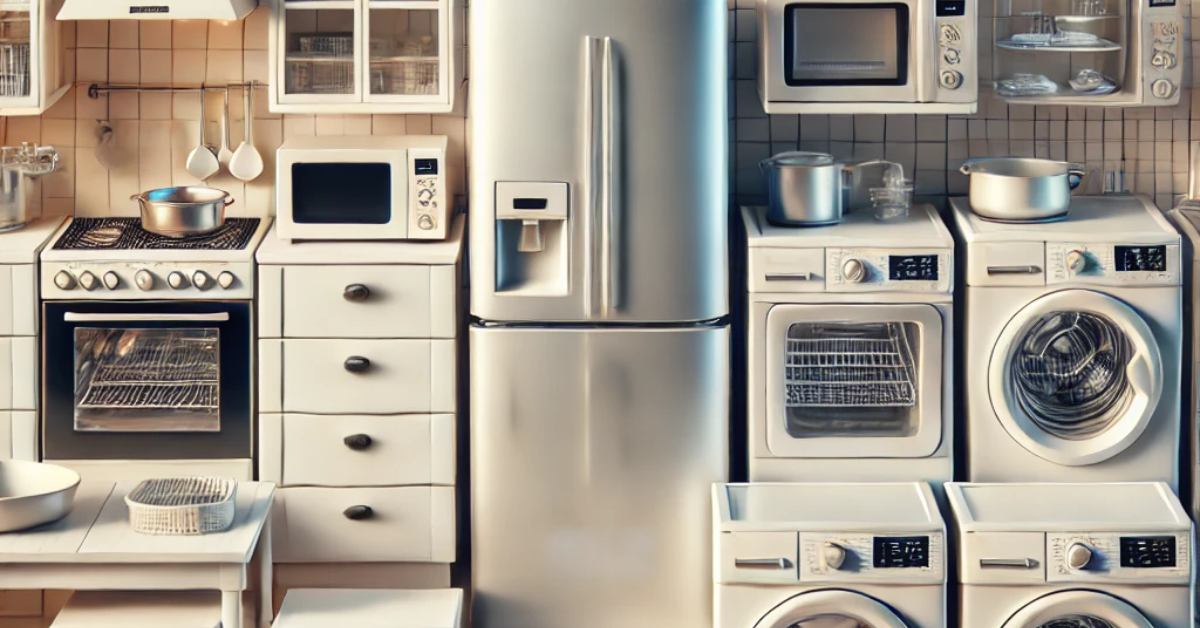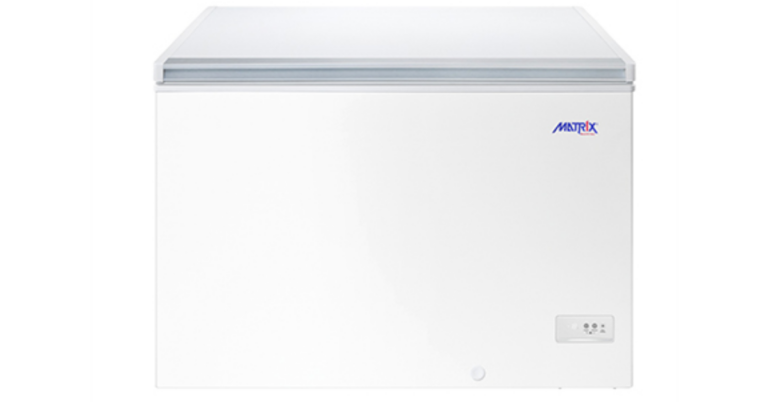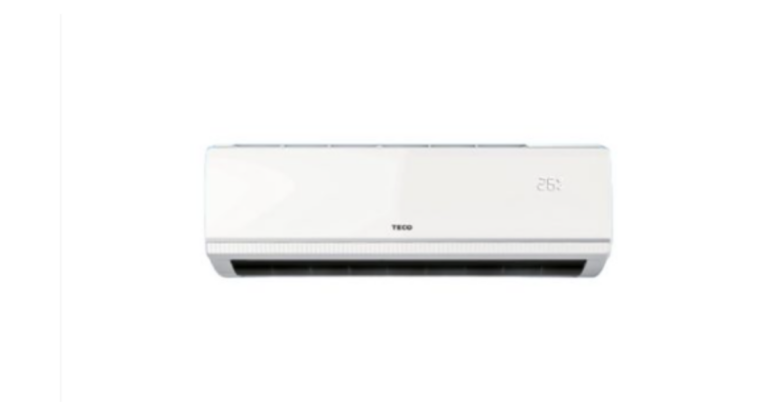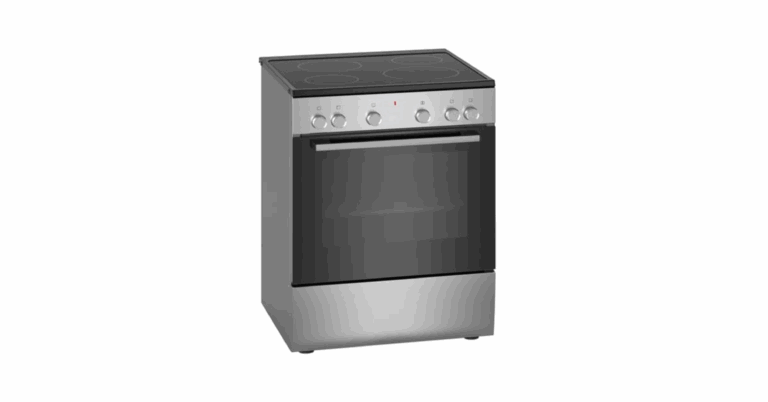Marine Machines: Powering Performance, Safety, and Efficiency at Sea
In the world of maritime operations, where precision, safety, and reliability are non-negotiable, the role of Marine Machines cannot be overstated. Whether it’s a luxury cruise liner catering to thousands of guests or an offshore rig operating in extreme conditions, marine machines are the backbone of shipboard functionality. From galley equipment and laundry systems to pressure washers, refrigeration units, and engine room essentials, these machines ensure seamless operations on the high seas.
At the heart of every vessel is a complex ecosystem of mechanical and electrical systems, all tailored to meet the specific demands of marine environments. Selecting the right marine machines means choosing safety, compliance, long-term performance, and operational efficiency.
What Are Marine Machines?
Marine machines refer to specialized equipment designed, engineered, and built for use in maritime environments. Unlike standard commercial or industrial equipment, marine machines must endure saltwater corrosion, constant vibration, limited space, varying voltages, and changing climates. These machines are used across various departments on a ship, including:
-
Engine rooms and mechanical spaces
-
Galleys (ship kitchens)
-
Laundry rooms
-
Refrigeration and cold storage
-
Waste management and sanitation
-
Maintenance and deck cleaning
Marine machines are essential in both commercial and leisure vessels, including cruise ships, cargo vessels, fishing trawlers, naval fleets, oil platforms, and private yachts.
Why Specialized Marine Machines Matter
1. Built for Harsh Environments
The marine environment is among the harshest on Earth. High humidity, salty air, constant movement, and exposure to rough weather all contribute to accelerated wear and tear. Marine machines are constructed using corrosion-resistant materials, such as stainless steel, marine-grade aluminum, and coated components that resist rust and deterioration.
2. Safety and Compliance
Marine machines are designed to meet strict international standards such as:
-
SOLAS (Safety of Life at Sea)
-
IMO (International Maritime Organization) regulations
-
USPH (U.S. Public Health) guidelines for cruise ships
-
HACCP standards for food safety
-
CE and ISO certifications
Using certified marine-grade machines ensures not only safety but also smooth inspections and compliance with maritime law.
3. Energy and Space Efficiency
Space is limited onboard most vessels. Marine machines are compact, modular, and often multi-functional to fit within confined shipboard areas. They are also engineered to consume less power and water, optimizing the ship’s overall energy usage and extending fuel economy.
Types of Marine Machines
1. Galley Equipment
The ship’s galley is the culinary hub, and it requires machines that are both compact and powerful. Marine galley machines include:
-
Combi ovens for multi-mode cooking
-
Marine-grade fryers and grills
-
Refrigeration and freezer units
-
Dishwashers and pot washers
-
Worktables, sinks, and food prep stations
These machines must be secured to prevent tipping during rough seas and should include safety features like rounded edges, latching doors, and anti-vibration mounts.
2. Laundry Machines
Clean linen, uniforms, and towels are essential for both guest satisfaction and crew hygiene. Marine laundry machines are engineered for high performance in compact spaces. This category includes:
-
High-capacity washers (e.g., Electrolux 20Kg washing machines)
-
Heavy-duty marine dryers
-
Flatwork ironers
-
Stackable washer-dryer units
They often feature programmable controls, low water consumption, and quick-cycle options tailored for shipboard needs.
3. Pressure Washers
Cleaning the deck, engine rooms, and cargo holds requires industrial-grade solutions. Marine pressure washers are built to deliver high PSI in a safe and manageable format.
-
60Hz and 50Hz models available
-
440V compatibility for shipboard power systems
-
Heavy-duty frames and anti-rust components
-
Ideal for deck sanitation, hull cleaning, and machinery maintenance
These machines help maintain hygiene, prevent slip hazards, and keep the vessel looking its best.
4. Refrigeration Units
Refrigeration is critical for food storage and cold chain logistics at sea. Marine refrigerators must be able to maintain consistent temperatures regardless of ambient heat, humidity, or vibration.
-
Dual-frequency (50/60Hz) compatibility
-
Energy-efficient compressors
-
Marine-certified insulation and seals
-
Cabinets, under-counter units, and walk-in freezers
Some units are even optimized for deep-sea fishing vessels or offshore platforms, where maintaining catch freshness is vital.
5. Sanitation and Waste Handling Machines
Hygiene aboard a ship is essential. Marine machines designed for sanitation include:
-
Sewage treatment systems
-
Trash compactors
-
Grease separators
-
Water filtration units
These are vital to comply with environmental regulations and ensure crew/passenger health.
Who Needs Marine Machines?
1. Cruise Ships
Luxury cruise liners depend on marine machines for cooking, laundry, sanitation, and food preservation. High passenger volumes require high-performance, high-capacity systems to ensure guest satisfaction.
2. Commercial Vessels
Cargo ships, tankers, and container vessels need marine machines to support crew living conditions during long voyages. This includes galley equipment, laundry units, and water treatment systems.
3. Offshore Platforms
Oil rigs and marine exploration platforms rely on marine machines to support remote crew facilities. Machines must be rugged, efficient, and easy to maintain without external assistance.
4. Naval Ships and Defense Vessels
Navy vessels require certified, reliable machines that can perform under combat or disaster-response conditions. Compliance with military standards and robust construction are critical.
5. Yachts and Private Vessels
Luxury yachts also need marine-grade machines—especially compact and stylish ones—to deliver a premium onboard lifestyle for owners and guests.
Benefits of Working with a Marine Equipment Supplier
Choosing the right supplier for your marine machines can make all the difference. A specialized marine supplier provides:
-
Expert product knowledge tailored to maritime needs
-
Certified marine-grade equipment
-
Custom configuration support for shipboard layouts
-
Fast access to replacement parts
-
Worldwide shipping and logistics assistance
-
After-sales service and maintenance guidance
Professional marine equipment distributors understand the nuances of shipboard operations and can help you select the right machines to meet your performance, budget, and compliance requirements.
The Future of Marine Machines: Smart, Sustainable, and Connected
The marine industry is rapidly evolving with a focus on sustainability, automation, and digital control. Modern marine machines are increasingly equipped with:
-
IoT connectivity for remote monitoring
-
Eco modes to reduce emissions and water use
-
Predictive maintenance alerts
-
Touchscreen controls with multi-language options
-
Compact, modular designs to support green shipbuilding
By investing in smart marine machines today, fleet operators can ensure long-term compliance, efficiency, and competitiveness in an evolving maritime landscape.
Final Thoughts: Power Your Ship with Reliable Marine Machines
In any maritime operation, whether it’s a five-star cruise or a commercial cargo haul, marine machines are the invisible force that keeps everything running. From cooking and cleaning to refrigerating and repairing, the right equipment ensures the safety, comfort, and efficiency of the entire vessel.
Choosing durable, certified, and energy-efficient marine machines is more than an operational decision—it’s a long-term investment in safety, performance, and sustainability. With the right supplier and equipment, your ship will be ready for anything the open sea brings.




